30 South African miners killed in clash with police
More than 30 people were killed in clashes between police and striking miners at a South African mine on Thursday, the police minister has said.
Friday, 17.08.2012.
12:14

JOHANNESBURG More than 30 people were killed in clashes between police and striking miners at a South African mine on Thursday, the police minister has said. Police opened fire after failing to disperse strikers armed with clubs and machetes at the Marikana mine. 30 South African miners killed in clash with police The Lonmin-owned platinum mine has been at the centre of a violent pay dispute, exacerbated by tensions between two rival trade unions. The incident was one of the bloodiest police operations since apartheid. Violence had already killed 10 people, including two police officers, since the strike began a week ago. On Friday, Police Minister Nathi Mthethwa confirmed the toll to a local radio station, adding: "A lot of people were injured and the number keeps on going up." The powerful National Union of Mineworkers put the figure at 36, according to AFP news agency. Police were sent to break up some 3,000 miners who had gathered on a hillside overlooking Marikana, which lies about 100 kilometers north-west of Johannesburg, to call for a pay rise of more than USD 1,000 a month. The circumstances that led police to open fire remain unclear, but reports from eyewitnesses suggest the shooting took place after a group of demonstrators rushed at a line of police officers. Police, armed with automatic rifles and pistols, fired dozens of shots, witnesses said. One witness, Molaole Montsho, of the South African news agency Sapa, said police had first used water cannon, tear gas and stun grenades in an attempt to break up the protest. "And then in the commotion - we were about 800 meters) from the scene - we heard gunshots that lasted for about two minutes," he said. Police ministry spokesman Zweli Mnisi defended the actions of police, saying they had a right to defend themselves. "We had a situation where people who were armed to the teeth, attack and killed others - even police officers," the spokesman said in a statement on Thursday night. "What should police do in such situations when clearly what they are faced with are armed and hardcore criminals who murder police?" He said an investigation into the incident had begun. In a statement, President Jacob Zuma said he was "shocked and dismayed at this senseless violence". "We call upon the labor movement and business to work with government to arrest the situation before it deteriorates any further," he said. Thursday's incident came after several days of violent strikes in which 10 people were killed, including two police officers who were hacked to death. The stand-off has been exacerbated by rivalry between two trade unions, with the Association of Mineworkers and Construction Union (AMCU), a new group, seeking to challenge the dominance of the National Union of Mineworkers (NUM). The NUM is seen as being close to the ruling African National Congress (ANC) and the two groups were allies in the fight to end white minority rule, although relations between the ANC and the unions have worsened in recent years. South Africa is the largest platinum producer in the world and the dispute has already affected production. Lonmin, the world's third-largest platinum producer, has encountered similar labor disputes at the Marikana mine. In May 2011, the company sacked some 9,000 employees after a strike. (Beta) BBC
30 South African miners killed in clash with police
The Lonmin-owned platinum mine has been at the centre of a violent pay dispute, exacerbated by tensions between two rival trade unions.The incident was one of the bloodiest police operations since apartheid.
Violence had already killed 10 people, including two police officers, since the strike began a week ago.
On Friday, Police Minister Nathi Mthethwa confirmed the toll to a local radio station, adding: "A lot of people were injured and the number keeps on going up."
The powerful National Union of Mineworkers put the figure at 36, according to AFP news agency.
Police were sent to break up some 3,000 miners who had gathered on a hillside overlooking Marikana, which lies about 100 kilometers north-west of Johannesburg, to call for a pay rise of more than USD 1,000 a month.
The circumstances that led police to open fire remain unclear, but reports from eyewitnesses suggest the shooting took place after a group of demonstrators rushed at a line of police officers.
Police, armed with automatic rifles and pistols, fired dozens of shots, witnesses said.
One witness, Molaole Montsho, of the South African news agency Sapa, said police had first used water cannon, tear gas and stun grenades in an attempt to break up the protest.
"And then in the commotion - we were about 800 meters) from the scene - we heard gunshots that lasted for about two minutes," he said.
Police ministry spokesman Zweli Mnisi defended the actions of police, saying they had a right to defend themselves.
"We had a situation where people who were armed to the teeth, attack and killed others - even police officers," the spokesman said in a statement on Thursday night.
"What should police do in such situations when clearly what they are faced with are armed and hardcore criminals who murder police?"
He said an investigation into the incident had begun.
In a statement, President Jacob Zuma said he was "shocked and dismayed at this senseless violence".
"We call upon the labor movement and business to work with government to arrest the situation before it deteriorates any further," he said.
Thursday's incident came after several days of violent strikes in which 10 people were killed, including two police officers who were hacked to death.
The stand-off has been exacerbated by rivalry between two trade unions, with the Association of Mineworkers and Construction Union (AMCU), a new group, seeking to challenge the dominance of the National Union of Mineworkers (NUM).
The NUM is seen as being close to the ruling African National Congress (ANC) and the two groups were allies in the fight to end white minority rule, although relations between the ANC and the unions have worsened in recent years.
South Africa is the largest platinum producer in the world and the dispute has already affected production.
Lonmin, the world's third-largest platinum producer, has encountered similar labor disputes at the Marikana mine. In May 2011, the company sacked some 9,000 employees after a strike.










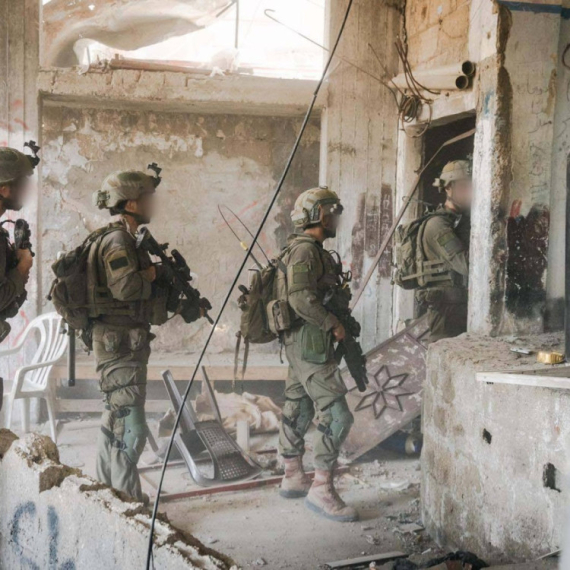

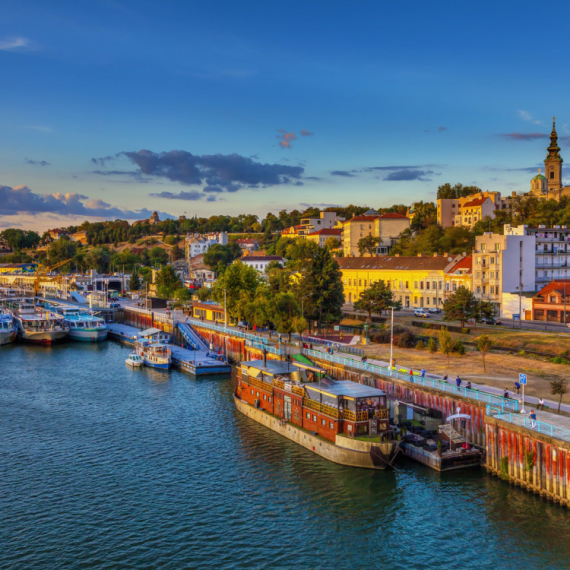
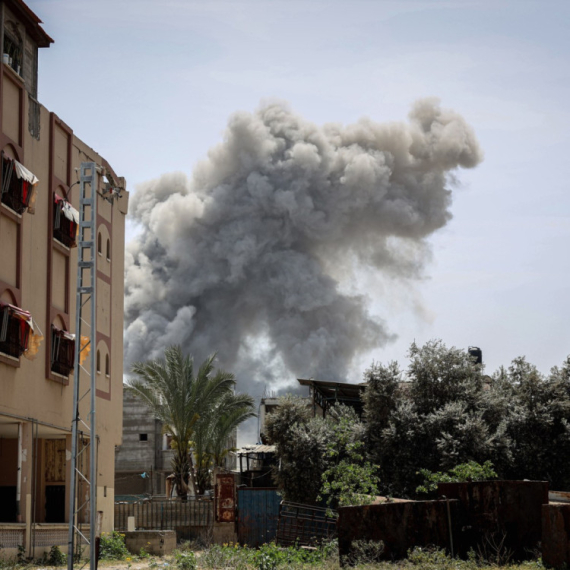
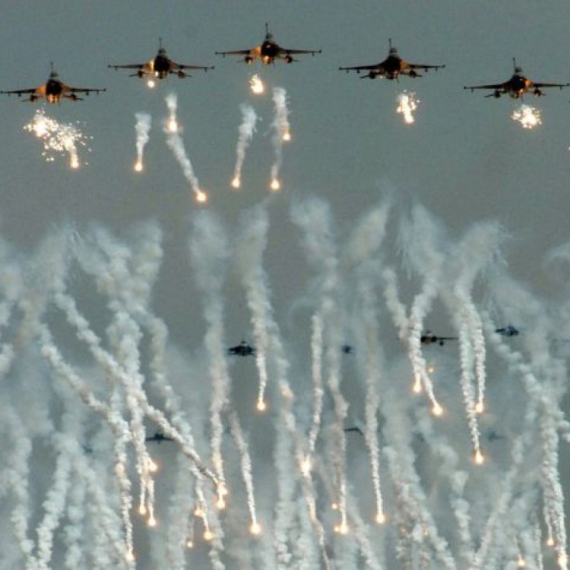
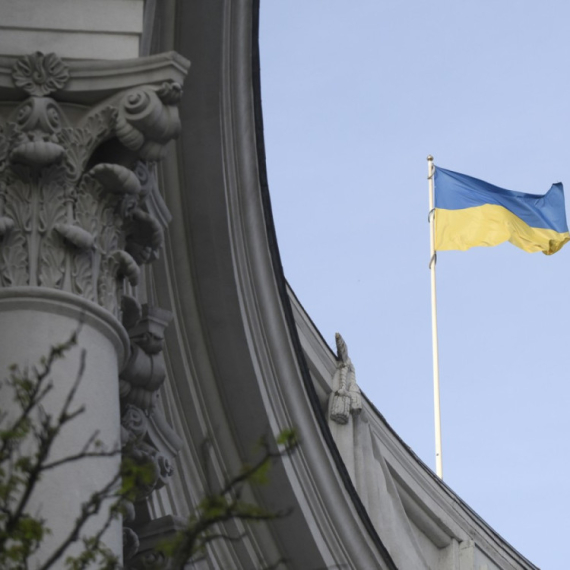
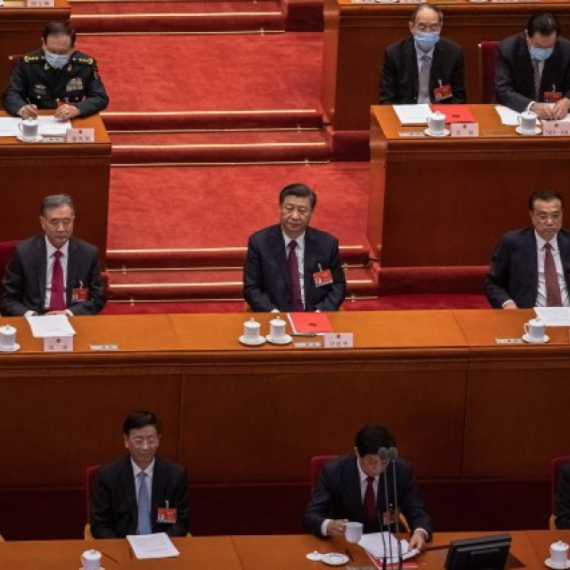
























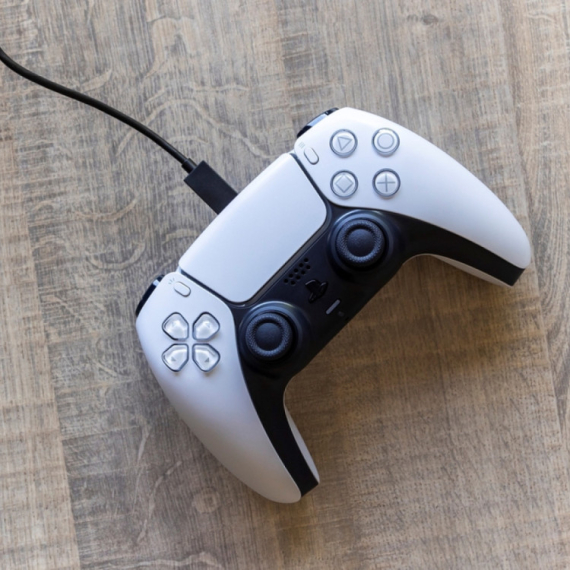









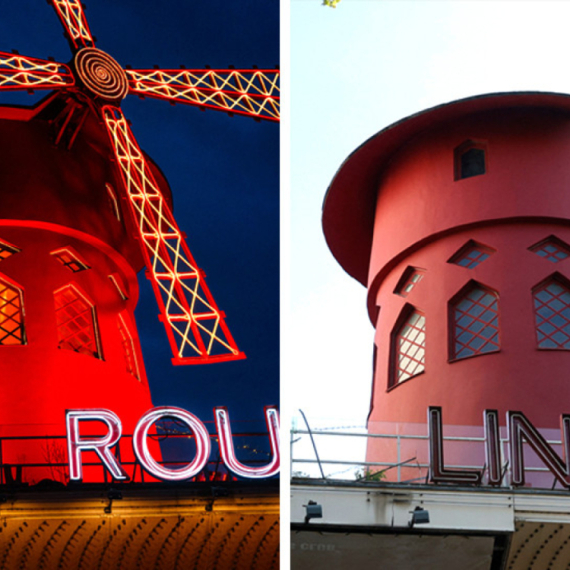





Komentari 1
Pogledaj komentare